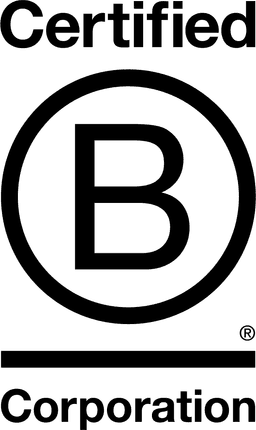

Epi

1.6
Wellington Region, New Zealand
March 2022
Management consultant - for-profits
Service with Minor Environmental Footprint
Australia,
New Zealand,
United Kingdom,
United States
We use technology and design to make data and information more accessible - and more human - to help people make smarter choices and better decisions. We are no ordinary data science company. Connecting data, science and people. We make data and research more accessible, linking complex analytics to help you make practical decisions – and deliver high-impact solutions. Our approach is full-stack; ensuring quality at every step of the way. We solve complex problems using open-source technologies, to visualise data, craft dashboards and build web apps. We deliver analytical and decision-support tools – and can help you fine-tune your data science infrastructure. We are widely known for our skills in designing and building high-performing Shiny apps. Making data more engaging – and empowering organisations. Our goal is to do great work with great people. Many of our clients have continued to work with us over a number of years – this continuity and trust has enabled us to deliver bolder solutions and greater impact.
Overall B Impact Score
Governance 18.6
Governance evaluates a company's overall mission, engagement around its social/environmental impact, ethics, and transparency. This section also evaluates the ability of a company to protect their mission and formally consider stakeholders in decision making through their corporate structure (e.g. benefit corporation) or corporate governing documents.
What is this? A company with an Impact Business Model is intentionally designed to create a specific positive outcome for one of its stakeholders - such as workers, community, environment, or customers.
Workers 31.2
Workers evaluates a company’s contributions to its employees’ financial security, health & safety, wellness, career development, and engagement & satisfaction. In addition, this section recognizes business models designed to benefit workers, such as companies that are at least 40% owned by non-executive employees and those that have workforce development programs to support individuals with barriers to employment.
Community 21.4
Community evaluates a company’s engagement with and impact on the communities in which it operates, hires from, and sources from. Topics include diversity, equity & inclusion, economic impact, civic engagement, charitable giving, and supply chain management. In addition, this section recognizes business models that are designed to address specific community-oriented problems, such as poverty alleviation through fair trade sourcing or distribution via microenterprises, producer cooperative models, locally focused economic development, and formal charitable giving commitments.
Environment 11.9
Environment evaluates a company’s overall environmental management practices as well as its impact on the air, climate, water, land, and biodiversity. This includes the direct impact of a company’s operations and, when applicable its supply chain and distribution channels. This section also recognizes companies with environmentally innovative production processes and those that sell products or services that have a positive environmental impact. Some examples might include products and services that create renewable energy, reduce consumption or waste, conserve land or wildlife, provide less toxic alternatives to the market, or educate people about environmental problems.
Customers 3.0
Customers evaluates a company’s stewardship of its customers through the quality of its products and services, ethical marketing, data privacy and security, and feedback channels. In addition, this section recognizes products or services that are designed to address a particular social problem for or through its customers, such as health or educational products, arts & media products, serving underserved customers/clients, and services that improve the social impact of other businesses or organizations.